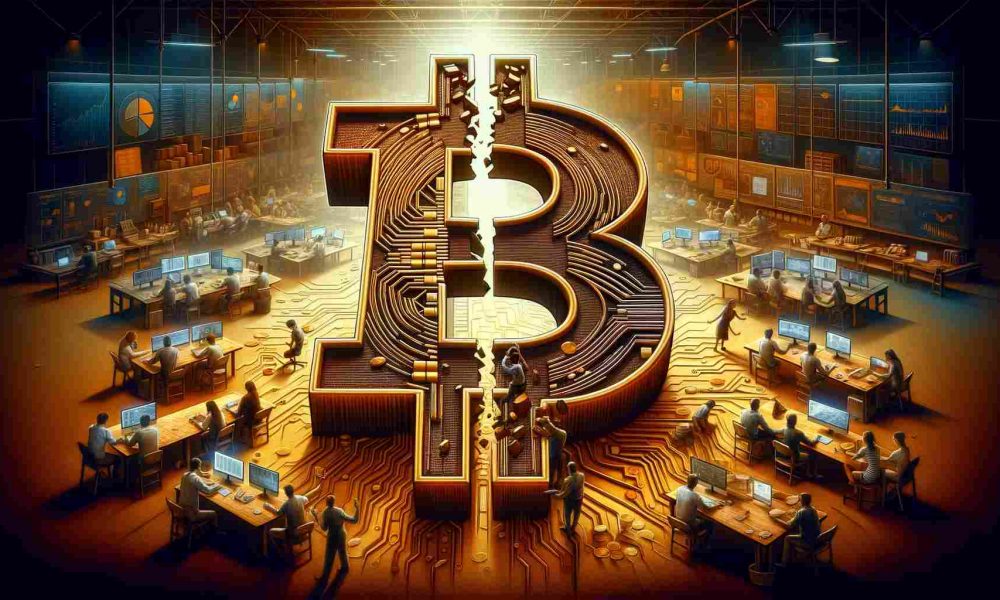- Strike CEO sees Bitcoin appreciating post-halving.
- The exec believed that Bitcoin scarcity made it immune to debasement.
After a week of dips and drops, Bitcoin [BTC] started out strong, reclaiming the $70,000 mark again on the 25th of March. At press time, BTC exchanged hands at $70,967, up 12% over the last week.
With the halving less than a month away, experts are anticipating further price appreciation. In a recent interview with Bloomberg, Jack Mallers, CEO of Strike, shared his insights. He said,
“Bitcoin is on a fixed issuance schedule…..and so the really simple way to think about it is if demand remains the same and the Bitcoin sold gets cut in half, it should have an impact on the price to the upside.”
Reduced miner rewards to impact sustainability
While halving can be good on the price front, its implications for miner rewards cannot be ignored. Ergo, the question: How will the network sustain itself, given the miners will mine less?
Mallers pointed to transaction fees as a viable source of income. He noted that recently, blocks have garnered more fees for the miners than the actual block reward.
The exec referred to the auto-adjusting protocol that manages the difficulty based on total mining power, thereby affirming that the network is built to sustain itself.
This aligns with Satoshi Nakamoto’s original vision of transaction fees being the primary source of revenue.
Therefore, Mallers believes the concerns about the network’s future sustainability are decades away, making them more theoretical than practical.
Bitcoin against inflation
Mallers highlighted the core problem with the government controlling the money.
He argued that the government’s ability to print more fiat currency to counter debt has led to inflation and devaluation of the asset.
Nevertheless, BTC shines in such an economy where the supply of money can be diluted at will. The exec commented:
“They can make more real estate. They can find more gold. They can’t make any more Bitcoins….access to Bitcoin is paramount. It’s a killer use case because it’s the only thing that no one on the planet can create more of.“
The scarcity of Bitcoin compared to other assets makes a compelling case for its appeal as a hedge against the inflationary tendencies of centrally controlled currencies.
Stablecoins vs. Bitcoin
Bitcoin’s advanced technology may be attractive to a lot, but not all. So, what’s the other preferred asset? The exec pointed to stablecoins, describing them as ‘IOUs for bank deposits.’ He highlighted,
“Bitcoin is the only neutral value transfer protocol for the world.”
Yet, the increased preference for stablecoins in emerging markets was due to the fact that these fiat-backed tokens are relatively stable.
Moreover, the king coin can be intimidating for many individuals, making it less attractive to those averse to volatility.


